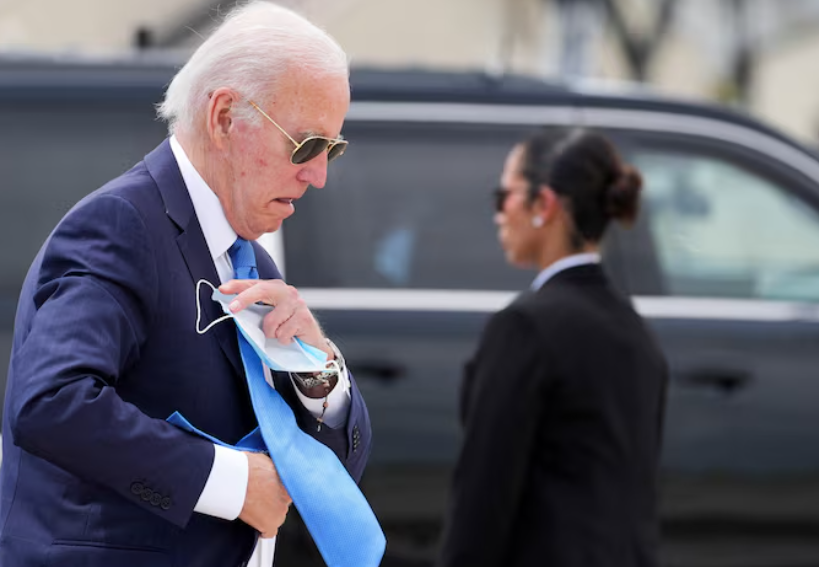A federal judge on Tuesday rejected a tree-trimming company’s attempt to block a U.S. Federal Trade Commission (FTC) rule banning agreements that prevent workers from joining rivals or starting competing businesses. U.S. District Judge Kelley Hodge in Philadelphia ruled that the FTC, which enforces federal antitrust laws, possesses the authority to prohibit practices it deems anticompetitive, including noncompete agreements.
Hodge, appointed by Democratic President Joe Biden, denied ATS Tree Services’ request to block the rule while their lawsuit is ongoing. The FTC estimates that about 30 million people, or 20% of U.S. workers, have signed noncompete agreements.
Earlier this month, a federal judge in Texas prevented the FTC from enforcing the rule against a coalition of business groups, including the U.S. Chamber of Commerce and tax service firm Ryan, as they pursue legal challenges.
FTC spokesperson Douglas Farrar stated that the decision confirms the agency’s power to ban noncompete clauses, which he claims harm competition by restricting workers’ freedom and mobility and stunting economic growth. Josh Robbins, a lawyer for ATS at the Pacific Legal Foundation, expressed disappointment, arguing that the FTC lacks the authority to rewrite millions of employment contracts by banning noncompete agreements.
The Democratic-controlled FTC approved the ban on noncompete agreements in May. The rule, set to take effect in September, aims to address concerns that these agreements suppress workers’ wages and mobility and violate U.S. antitrust law. While California, Minnesota, Oklahoma, and North Dakota have already banned noncompete agreements, and at least a dozen other states have limited their use, the FTC’s rule represents the first nationwide ban.
Business groups and many Republicans argue that noncompetes are essential for protecting trade secrets, confidential information, and investments in recruiting and training workers. ATS contends in its lawsuit that the FTC lacks the legal authority to ban conduct it deems an unfair method of competition. The FTC maintains that noncompetes inherently violate antitrust laws by restricting competition between businesses for workers, and banning them falls within the agency’s broad powers to police anti-competitive conduct.
Judge Hodge agreed with the FTC, writing that federal law grants the agency the authority to create rules prohibiting unfair methods of competition. After extensive research and rulemaking, the FTC concluded that noncompetes are exploitative, coercive, and not justified by legitimate business purposes.

